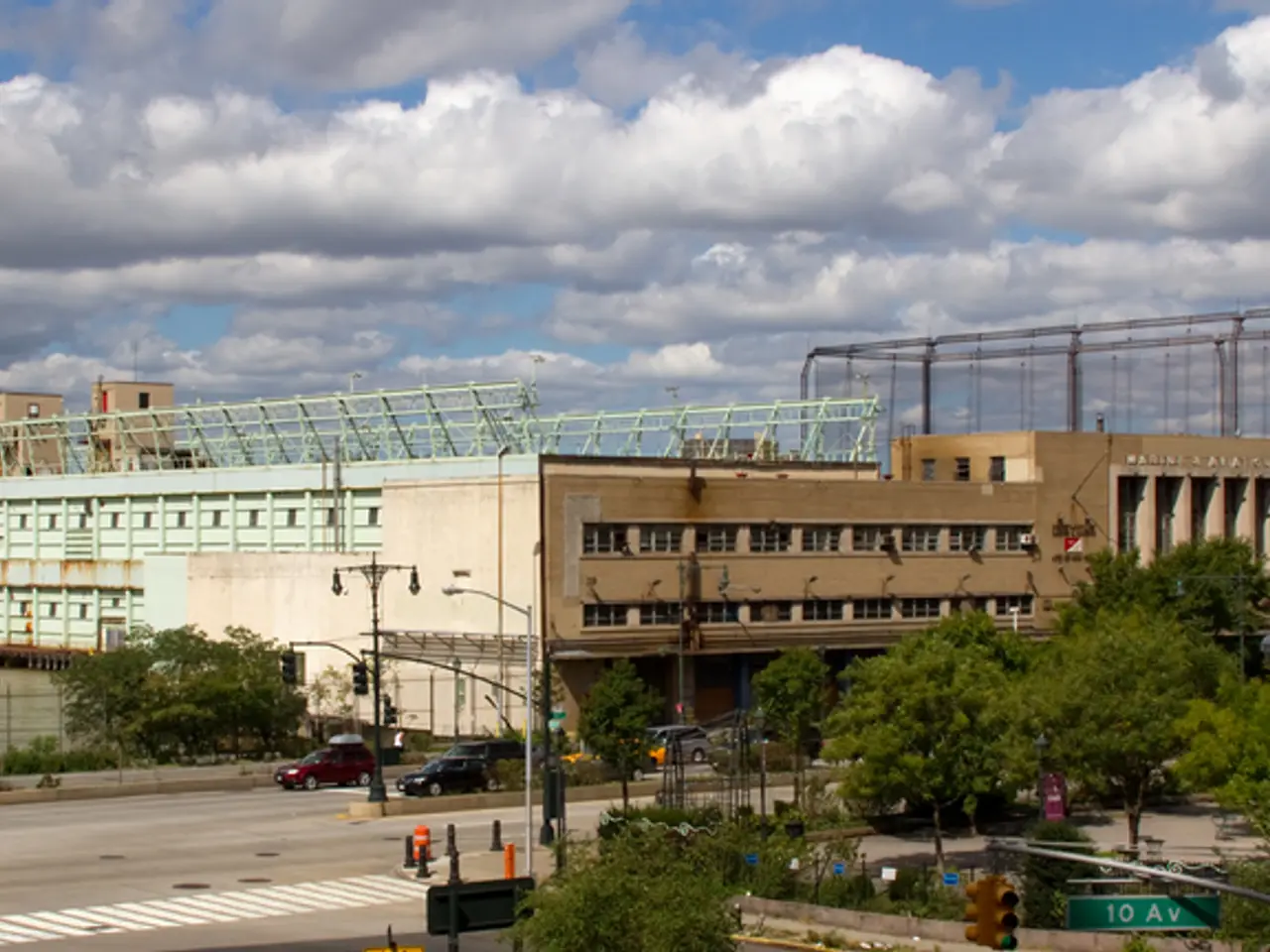Berlin's Main Road Speed Limit Dispute: Green Light for 50 km/h, Greens Receive "The Middle Finger"
Reduce the speed restriction from 30mph on numerous significant roadways is proposed for removal. - Traffic Restrictions Lifted on Major Highways Starting Tomorrow
Gear up, Berliners! The 30 km/h speed limit on numerous main roads in the city could soon be a thing of the past. As traffic senator Ute Bonde (CDU) proudly declared after the latest Senate meeting, due to enhanced air quality, those pesky 30 km/h signs may be vanishing from 25 of the affected roads. But, it ain't all sunshine and rainbows. The Green Environmental Aid (DUH) has a bone to pick with this black-red Senate decision, threatening formal action.
"The Boss Lady wants to drag Berlin kicking and screaming back to yesteryear, cementing it as car-friendly hell," snarled DUH Federal Managing Director Jürgen Resch. "With a speed limit of 50 km/h, the air's gonna stink again, noise levels through the roof, and traffic safety plummeting. This move's a middle finger to all pedestrians and cyclists. We're examining all legal avenues to keep that blasted 30 km/h speed limit in place, possibly even save some lives."
Still stuck in the red zone
It seems seven main roads are still choking on pollutants, enough to maintain the 30 km/h speed limit. On nine others, the speed limit stays low due to safety concerns in high-traffic areas, like around schools and hospitals.
As for those 25 roads, Bonde promises to verify if a 30 km/h speed limit is required on specific sections to ensure safe school routes. It's the law now, after all, for "frequent school routes."
Scofflaws on parade
SPD critiques this coalition partner's rash decision. Transport policy spokesman Tino Schopf cautions not to disregard traffic safety numb-nuts. "Assessments for speed limits due to traffic safety concerns or safe school routes are undoubtedly necessary," Schopf opined.
Schopf points out Dirk Stettner, the CDU faction leader, already screamed for a 50 km/h speed limit on two dozen major roads. Critics see this as an underhanded attempt by the CDU to appease car drivers, piling more carbon on the planet. Bonde denies feeling any pressure from the CDU.
Green-light Green-party rally
Green party traffic experts, Oda Hassepaß and Antje Kapek, urge parents to demand a 30 km/h speed limit on school routes and near schools from the traffic administration. "One thing's certain," the Green MPs declared, "traffic calming is lifesaving, especially for our little humans. Only in Berlin does the CDU stonewall every progress and obstinately cling to their antiquated pollution policy."
When night falls, so does the speed limit
Uncertain times for general speed limits, but at night (10 pm – 6 am), a 30 km/h limit will be in place on numerous roads with a combined length of 230 kilometers to keep noise levels down.
The review of school route safety is still ongoing, according to Bonde. The traffic administration's in conversations with schools, districts, and police to determine "high-frequency school routes."
Kai Wegner, Berlin's mayor and CDU state chairman, defends his party's stance. "We aim to expedite traffic flow in this city," he declared at the CDU state party conference. "Where we installed 30 km/h signs in the past out of sheer ideology, we'll make sure those 50 km/h signs go back on main roads. Where safety's an issue, such as around schools or senior centers, it'll stay at 30 km/h or lower."
The Senate mulls over Bonde's proposal and adjustments to the air pollution control and noise action plans in August. The Council of Mayors have 'til mid-July to raise objections and offer insights from the districts' viewpoint.
Should the school route safety review not be complete then, those results should be accounted for retroactively. Until August, be sure to keep those speeds low and the emissions minimal.
The community policy regarding the speed limit on Berlin's main roads is undergoing changes, with a possible increase in speed limit from 30 km/h to 50 km/h on 25 roads. However, this decision has raised concerns from the Green Environmental Aid (DUH) about the potential impact on air quality, noise levels, and traffic safety.
The finance and transportation sectors could potentially be affected by these changes, as increased speed limits might lead to altered transportation patterns and increased fuel consumption. Additionally, the vocational training sector could see changes as well, as safer roads and traffic flow could influence commuting patterns and the need for transportation-related training programs.




